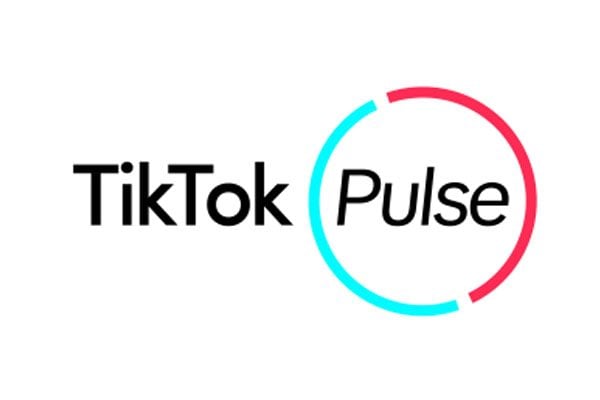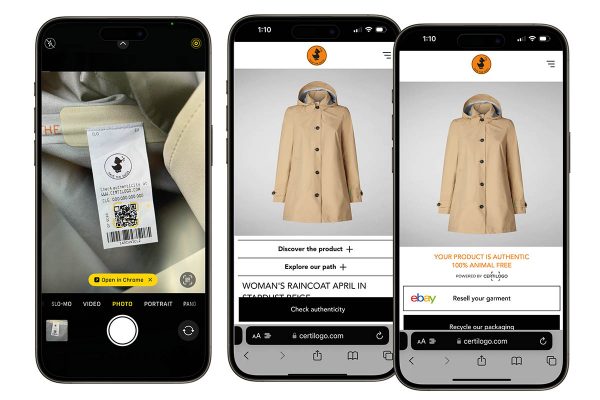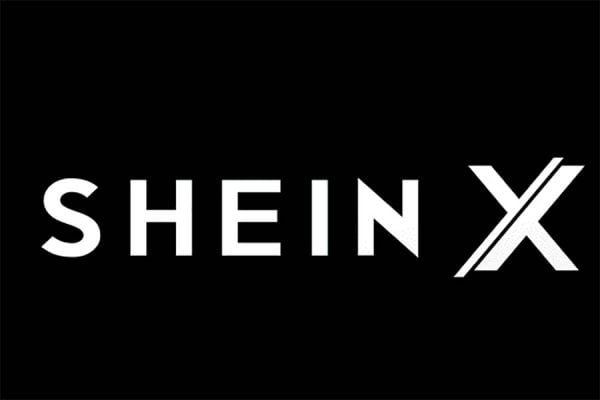Two giant brands that have seen success from leveraging Alibaba tools to digitally transform in China are Starbucks and Nestle. So what have they achieved?
Starbucks has spent several months working with a team of Alibaba employees who spent an extensive amount time at Starbucks’ China headquarters to provide timely troubleshooting and consultation to the Seattle-based coffee company and ensuring it collaborates with Alibaba on multiple fronts.
Working with Tmall and Taobao to expand Starbucks’ online retail presence by opening a virtual store. It also works with Ele.me, Alibaba’s on-demand local service for delivery, as well as with Freshippo (previously known as Hema), Alibaba’s tech-driven grocery chain.
Leo Tsoi, the COO of Starbucks China, said that since the coffee company’s collaboration with Ele.me in September, over 2,000 Starbucks locations around China now provide delivery services. The virtual store on Taobao also allows Starbucks to directly engage with the 600 million-plus customers on Alibaba’s online marketplaces.
“The integrated solution by Alibaba limits the number of partners that a brand needs to deal with in order to get the services they need. Our experience is, the less people you have to talk to, the more likely you will be successful,” said Dustin Jones, managing director of Hong Kong-based Fung Retailing, one of Alibaba’s key strategic partners.
Nestle reaps the success of going digital
Another success story from Alibaba’s tight-knit collaborations with brands is Nestle. In addition to strengthening its core B2C business through its Tmall flagship store, Tmall Supermarket and Rural Taobao, Nestlé has recently expanded into new Alibaba channels, such as Lingshoutong, an inventory-management system for convenience stores, and the Freshippo and RT-Mart supermarkets.
In 2018, Nestlé also entered a strategic partnership with Cainiao, which enabled Nestlé to consolidate four distributors serving its Alibaba-related business into one while introducing Cainiao’s “One Set” inventory system to fulfill online orders. As a result, Nestlé can now fully leverage Cainiao’s intelligence to sort products and manage inventories according to consumers’ preferences in different regions, reducing the proportion of cross-region parcels and speeding up deliveries.
Rashid Qureshi, the CEO of Nestlé in the Greater China region, said Alibaba’s new business operating system is a significant service for his company’s digitization process because it helps to reassess data usage to “seamlessly connect the different pillars across the entire organization – from consumer engagement, manufacturing, procurement of raw material to supply chain.”
He pointed out that one of the most-unique traits of Chinese consumers is they are more tech-savvy than their Western counterparts, and they are not just looking for products when they shop. “They want services, solution and ecosystem. So, unless your organization is ready with the right [digital] infrastructure and capabilities…you will not be successful,” he said.
Image: Paul Skeldon







